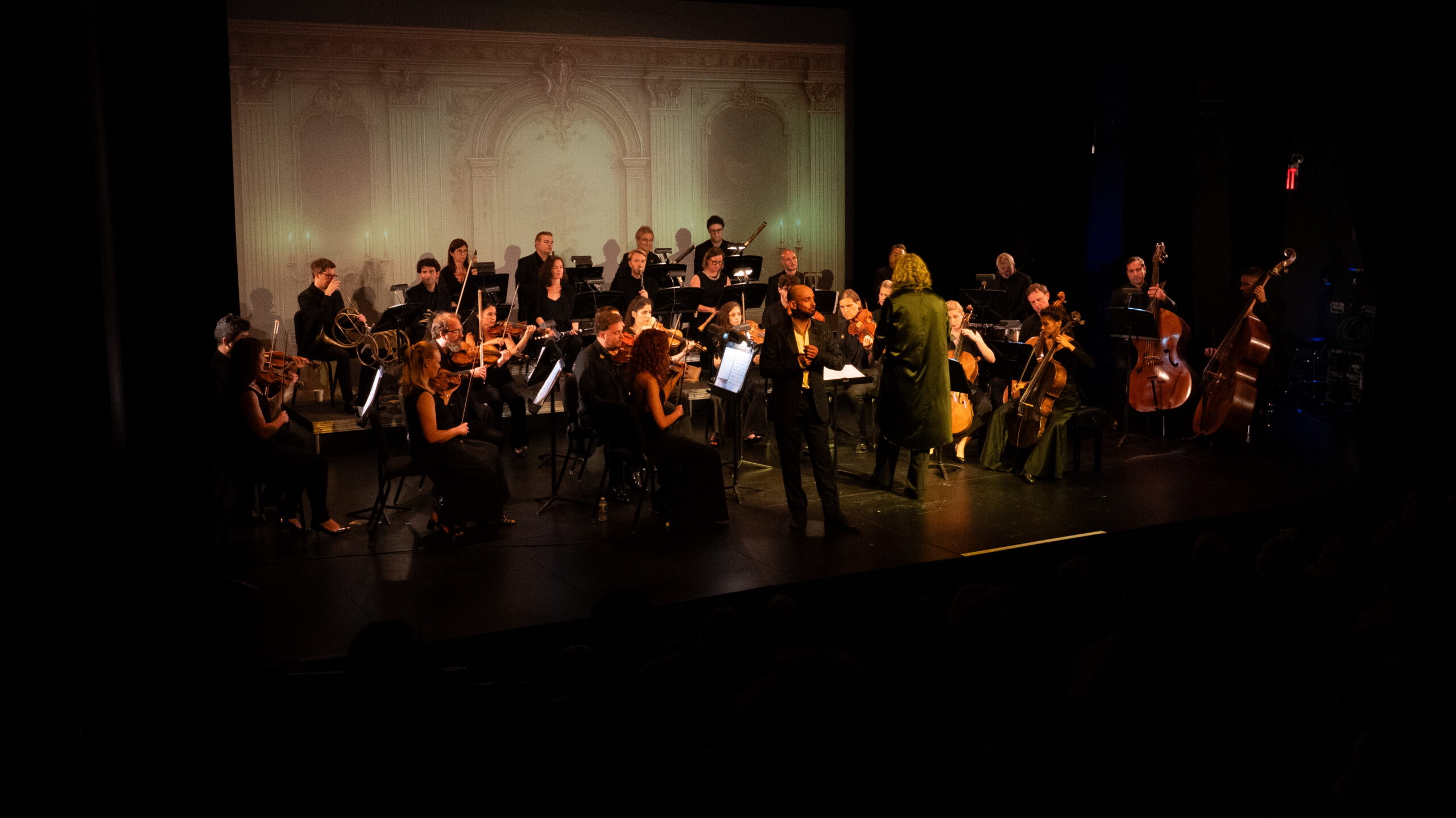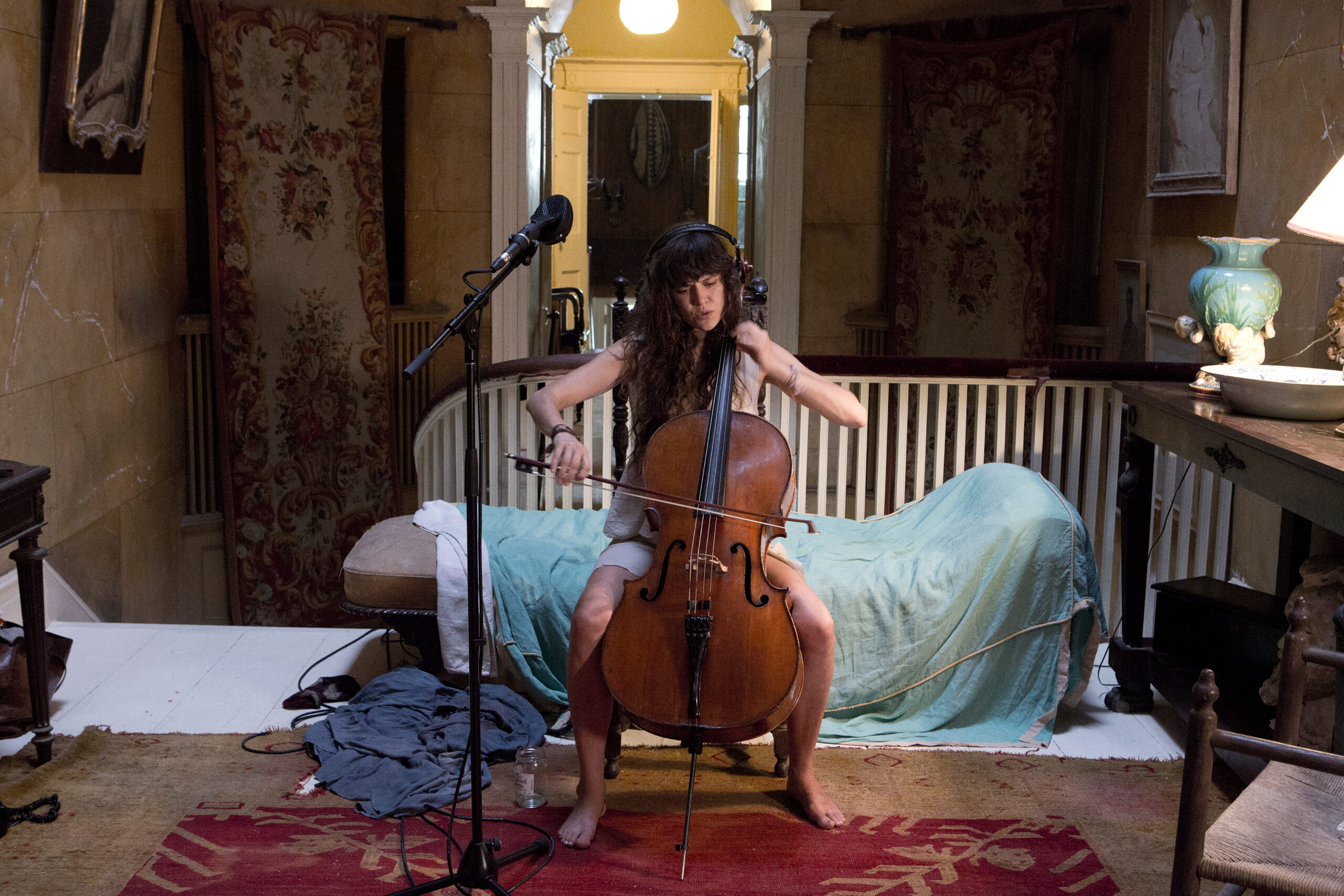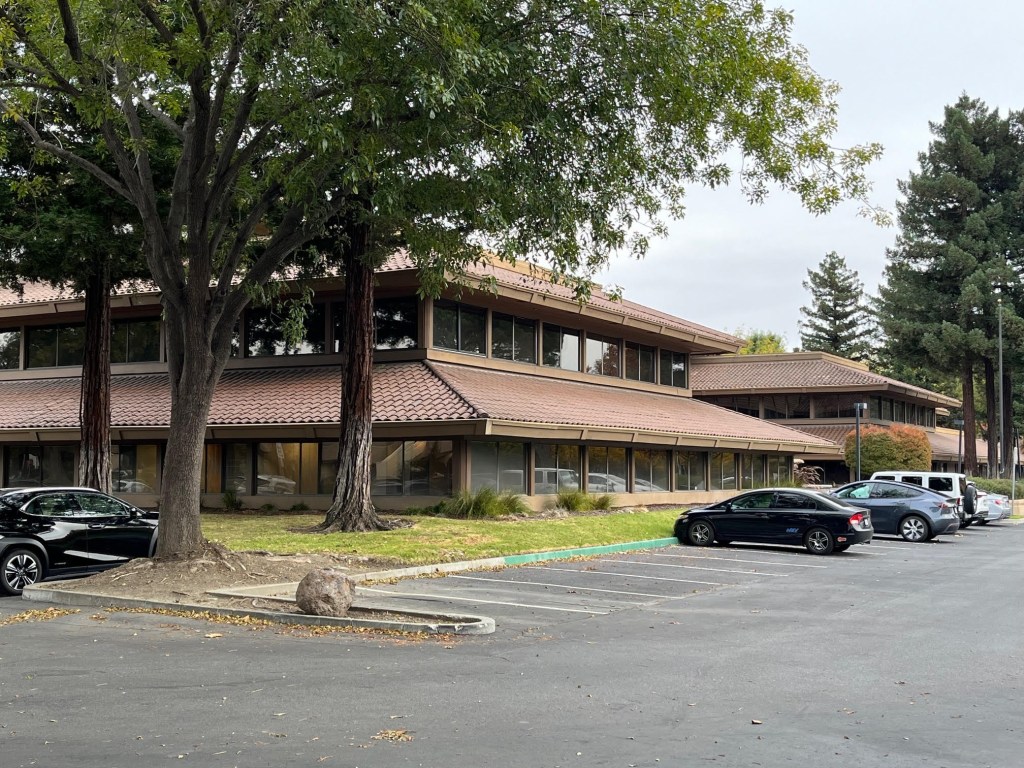
Since his first solo CD was released in 2004, Franco Fagioli has been acclaimed as one of opera’s finest countertenors, a special category for classical “guys who sing high”—to paraphrase the nifty Instagram handle of Australian countertenor David Hansen. In late July, thanks to Andrew Ousley’s always surprising arts organization Death of Classical, the Argentina-born Fagioli finally made his Big Apple debut accompanied by L’Orchestre de L’Opéra Royal, the resident ensemble of the Château de Versailles, at L’Alliance New York.
Fagioli’s concert, drawn from his most recent CD, The Last Castrato: Arias for Velluti, followed the orchestra’s U.S. debut a week earlier with a staging of Donizetti’s La Fille du Régiment at the Festival Napa Valley. In charming if rambling remarks before the New York City concert, Tatiana Brandt Copeland, proprietor and president of the tour’s major sponsor Bouchaine Vineyards, recounted the remarkable circumstances that made the Versailles group’s appearances possible. I’m sure Copeland, Ousley and their colleagues were greatly relieved that both the California opera and New York concert transpired without a hitch, especially as several NYC-area festivals have recently had to scramble to cope with major cancellations due to the blocking of visas for European artists.
Prior to their full-length concert at Florence Gould Hall, Fagioli and the orchestra, led by violinist Stefan Plewniak, gave a sneak preview at Death of Classical’s “The Affair of the Poisons,” a multi-media romp at the Printemps department store that recently opened in Manhattan’s Financial District. They performed Arsace’s entrance scena from Gioachino Rossini’s Semiramide, a number that doesn’t appear on the Velluti CD but neatly fits in with the singer’s unusual preoccupation with rare nineteenth-century bel canto.
Though traditional opera audiences may still find countertenor singing unusual, pop music fans for years have eagerly embraced performers from Frankie Valli to the Bee Gees, Michael Jackson to Prince who exploited their high falsetto ranges.
Though classical countertenors have existed for years, the lasting modern revival began in earnest in the mid-twentieth century with the rise of Alfred Deller in England and Russell Oberlin in the U.S. These men and their successors primarily performed music from the 17th and 18th Centuries, but eventually contemporary composers began to write music for them with increasing frequency. For example, of the twenty-first-century operas performed by the Metropolitan Opera, Nico Muhly’s Marnie, Kevin Puts’s The Hours, Matthew Aucoin’s Eurydice and Thomas Adès’s The Exterminating Angel include a countertenor role, as does this season’s El Último Sueño de Frida y Diego by Gabriela Lena Frank.
However, like most countertenors, much of the music regularly performed by Fagioli was originally written for castrati, men who when they were boys were castrated to preserve their high voices. As he has an especially wide range, he sings music written for both soprano and alto castrati. A few became superstars including three who have been particularly associated with Fagioli: Caffarelli (his solo CD of arias premiered by this legendary singer is spectacular!), Carestini and Farinelli. He had a star-making success, in particular, with Carestini’s role of Arbace in Leonardo Vinci’s Artaserse whose most famous aria he concluded with an astonishing high D-flat!
When he first performed the alto role of Aci in Nicola Porpora’s Polifemo in 2013, one can hear someone shout “Farinelli” after his hypnotic rendition of the celebrated aria “Alto Giove!”
Though they were nearly unnoticeable during his New York concert, Fagioli has often exhibited several mannerisms—contorted facial expressions and heavily aspirated “machine-gun” coloratura—that remind many of Cecilia Bartoli. Though the pair have rarely appeared together, he did have one of his first big opera successes in a 2005 Zurich Giulio Cesare when he was Cesare to her Cleopatra.
As the eighteenth century wore on, the practice of castration for musical ends lost favor; however, Fagioli has been uniquely interested in the few nineteenth-century operas written with a castrato in mind. As baroque works conditioned audiences to expect heroes with high voices, later composers peopled their operas with trouser roles in which the hero was performed by a female as in Rossini’s Tancredi and Vincenzo Bellini’s I Capuleti ed I Montecchi. However, there still were a few late castrato operas including Aureliano in Palmira by Rossini and Giacomo Meyerbeer’s Il Crociato in Egitto, both vehicles of Giovanni Battista Velluti who was castrated for medical rather than musical reasons.
Though the CD is called The Last Castrato, some outlived Velluti who died in 1861. For example, Alessandro Moreschi, the only castrato whose voice was recorded, lived until 1922.
Though I have heard some recent broadcasts in which Fagioli didn’t always sound his best, he was in superb form for his long-overdue New York debut that was not, as some have claimed, his first North American appearance. Fifteen years ago, he sang the title role in Cavalli’s Giasone with the Chicago Opera Theater. Though his voice initially sounded small and heavy as he began an aria from Giuseppe Nicolini’s Traiano in Dacia, he quickly found his footing and then captivated his rapt audience with grandly impassioned renditions of extended scenes from Paolo Bonfichi’s Attila and Carlo Magno, another Nicolini work.
Fagioli differs from many other countertenors as he purposely dives with startling immediacy into his chest register. He almost seamlessly negotiates extravagant runs from those penetrating low notes to his dizzying highest. He disdains dramatic arm gestures, preferring to imbue Velluti’s arias with a haunting quiet intensity. While he doesn’t possess the invitingly mellifluous countertenor voice of, say, Max Emanuel Cencic or Aryeh Nussbaum Cohen, he draws in the listener with an intently suave bravura that both touches and dazzles us.


Unfortunately, the New York concert let both Fagioli and his audience down by providing only a single-sheet program that simply listed the titles of the arias: no texts, projected titles or even synopses to figure out the virtually unknown vocal works. Most of the excerpts Fagioli performed followed a similar form: a short orchestral introduction leading to an animated recitative, followed by a plaintive cavatina. After it, there might be more agitated recitative leading to an up-tempo cabaletta featuring demanding coloratura and a show-stopping finish. But the particulars of each remained a mystery. Even those like me who previewed via a streaming service the scena from Mercadante’s Andronico got access to just the music: one had to have purchased the Château de Versailles CD to get all the details.
Plewniak and his lively, young thirty-one-member orchestra bubbled with excitement in their vivid overtures by Rossini and Niccolò Zingarelli, whose Giulietta e Romeo the orchestra and conductor have recorded with Fagioli as Romeo. Violinist Plewniak briefly grabbed the spotlight with a spectacularly virtuosic Polonaise from Pierre Rode’s First Violin Concerto.
Fagioli’s encore gave everyone a soupçon of his Printemps appearance: the fiendishly florid Semiramide cabaletta, which he tossed off with almost impudent facility. Let’s hope he returns soon, as he remains one of the most exciting and moving of the many countertenors in opera today.
More in performing arts
<




